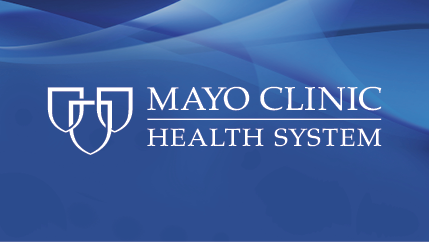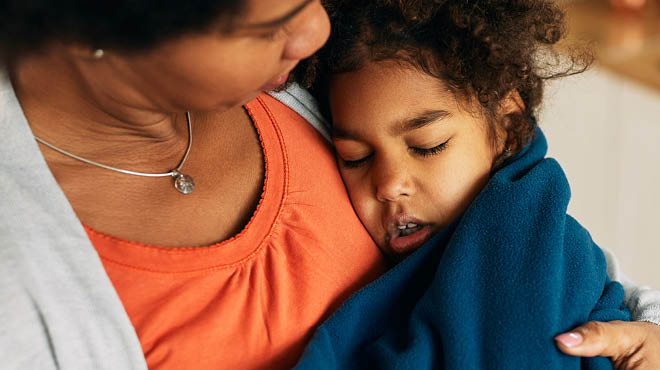Recent Posts
Back-to-school health tips
Children and parents are gearing up for the start of another school year. Preparation for the hallways means shopping for backpacks, clothes and other school supplies. While these items are all part of a successful learning experience, making sure your children are healthy in all capacities should be the highest priority. Ensuring the health of your children will help them succeed and help put you at ease.
Here are a few back-to-school tips to make your kids' educational experience healthier.
Well-child exams
A well-child exam is a comprehensive health checkup for children of all ages. The exam includes a sports physical for student athletes and looks at many aspects of health for all kids.
Preteen and teen patients are able to discuss any health and well-being concerns with their healthcare team. Additionally, providers educate young patients about drinking, drug use, weight issues, the importance of helmet and seat belt use, and sexuality.
For young children, providers evaluate where your child ranks based on age-appropriate developmental milestones. For example, at two weeks, an infant's feeding habits and growth are monitored. At five years old, knowledge of the ABCs, basic colors and home address is tested. The healthcare team will also use the time to update immunizations if needed.
Vaccinations
Vaccinations are vital in order to keep children healthy, especially young children. Vaccinations are safe and can be administered in groups if your child is behind schedule. Receiving vaccinations helps keep your child and his or her classmates safe.
Leading healthcare providers and the CDC recommend these vaccinations:
- Diphtheria/tetanus/pertussis
- Haemophilus influenza B
- Hepatitis A
- Hepatitis B
- Human papilloma virus
- Influenza
- Meningococcal
- MMR
- Pneumococcal
- Polio
- Rotavirus
- Varicella (chickenpox)
Talk with your healthcare provider about vaccines and any concerns you may have.
Bullying
Unfortunately, bullying occurs far too often in elementary, junior high and high schools across the country. The most important thing for parents to do is to not take bullying lightly.
Teach your children these tactics to address bullies productively:
- Don't fight back.
- Maintain composure.
- Say "stop" confidently.
- Walk away.
- Use humor or neutral responses.
- Ask teacher or school officials for help.
If your child is accused of bullying, make sure he or she knows that bullying behavior is unacceptable.
Nutrition
Eating nutritiously is integral to overall health for people of all ages, including children. However, children do need different amounts of nutrients based on age. Check the Dietary Guidelines for Americans to help measure the specific nutrient levels needed for your children.
Nutrient-heavy foods that should be incorporated into your children's diets include:
- Dairy
- Fruits
- Grains
- Protein
- Vegetables
In the whirlwind that is school preparation, be sure to emphasize health. Don't bypass health checkups, vaccinations, anti-bullying education and nutrition. Use these elements and others to create a plan that will support the improvement and sustainability of your child's well-being.
Kimberly Beecher, M.D., is a Family Medicine physician in Mankato, Minnesota.




